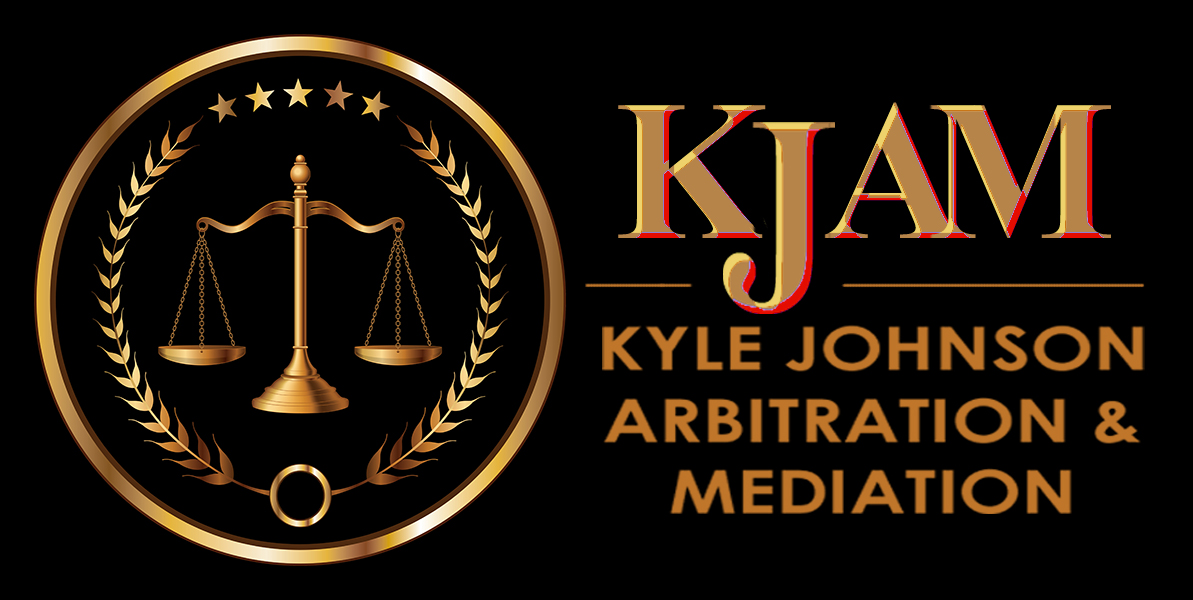Settlement or mediation is greatly preferable to trial, and generally results in effective compromise. The only certainty in trial is high legal fees with no ability to negotiate a compromise.
Kyle Johnson, Principal
We Provide Private Arbitration, Settlement alternatives and Mediation of :
Marital Dissolution / Division of Assets / Parenting
Business and Commercial Dispute Resolution
Real Estate Dispute Resolution
Shareholder Dispute Resolution
Legal and Accounting Malpractice
Employment Disputes
Family Disputes including Trusts and Estates
What is the difference between arbitration and mediation?
Mediation is a voluntary process where the parties are assisted in resolving their dispute by a third person they have jointly chosen to act as a mediator.
The mediation process is intended to be a negotiation with the mediator acting as a facilitator. The mediator oversees and guides the settlement negotiations but is not empowered to decide the case. For the process of mediation to succeed and a settlement to occur, each of the parties need to be prepared to compromise and negotiate in good faith.
The discussions in mediation are confidential and evidence of what is said and the offers that are exchanged cannot be used in trial if the mediation fails. Washington law provides that the mediator cannot be called as a witness and protects the confidentiality of the process. If the mediation is successful and agreement is reached, the parties sign a memorandum of agreement that contains the basic terms. The signed memorandum is enforceable in court against the parties and the case is considered settled.
By contrast, arbitration is a binding process where the dispute is submitted to a third person designated by agreement as an arbitrator and empowered to decide the case. The arbitrator presides over the dispute as a judge, listens to witnesses, rules on evidence, and at conclusion of the case issues a binding decision. The parties present their claims but the final decision is made by the arbitrator.
The appeal of arbitration as a method of dispute resolution is that it is a private non-public proceeding, discovery of documents and depositions may be limited, rules of evidence are more relaxed, it is generally more cost efficient, and the process is quicker to a final result than a trial with a judge.
Arbitration and mediation are commonly known as Alternative Dispute Resolution (ADR). Normally, the person the parties select as a mediator or as arbitrator is a lawyer with experience and expertise in the area of law involved in the dispute.
The right path to conflict resolution is critical.



